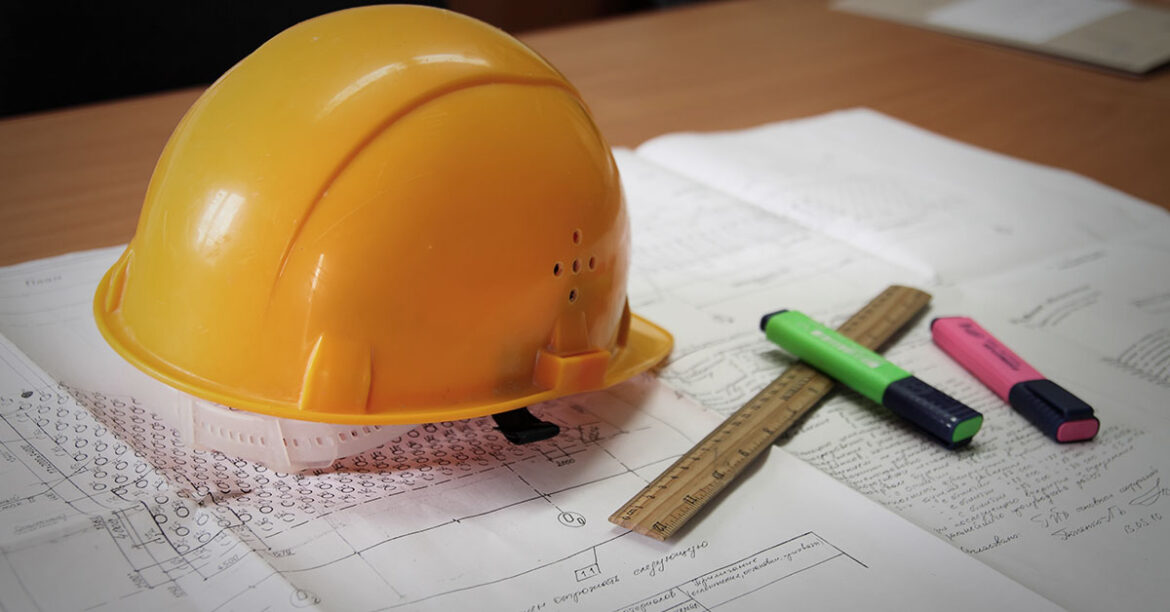
Chapter 558, Florida Statutes and Section 553.84, Florida Statutes are consumer-friendly statutes drafted and signed into law years ago to protect Florida homeowners, HOAs, and condominiums, provide for the resolution of construction defect claims, and promote the settlement of claims without resorting to litigation. Bills filed recently by Florida politicians would severely hamper the protections provided to consumers by these statutes.
Section 553.84 provides a cause of action for violations of the building code. The law allows a damaged homeowner, HOA, or condominium damaged by a building code violation to sue the developer or contractor who committed the violation. There are existing protections for the developer or contractor that obtained the proper permits and passed all city inspections so long as the developer/contractor did not know and should not have known that the code violations existed. It’s a piece of common-sense legislation that has long protected Florida homebuying consumers. Unfortunately, common sense goes out the door with the latest changes proposed by several Florida politicians.
The first change would require that there be “physical harm” or “significant damage” to homes and condominiums in order for there to be a violation of the statute. Arguably, an HOA or condominium would have to wait until a defective condition becomes dangerous or structural in nature before a claim could be brought. For example, existing law doesn’t require that a condominium association wait for a balcony to fall off of a building in order for there to be a claim for violations of the building code. All that is required is a finding that there is a defect that needs to be rectified as the defect will eventually cause damage. If this change is adopted, there is the potential for serious injuries and damage to occur as owners will not be encouraged to seek out and rectify defects that will cause damage or injuries in the future.
The second change proposed to Section 553.84 is even worse. This change would require that a homeowner, HOA, or condo submit a warranty claim prior to bringing a claim for building code violations. What is laughable about this change is that the “warranty” offered by most developers and builders isn’t really a warranty at all. These “warranties” are typically dozens and dozens of pages of hard to read half-promises diminished by exclusions and exceptions, limitations of coverage, and impossible hoops to jump through in order to submit a claim. Most homeowners don’t even receive the warranty at their closing, but are instead directed to a website, where they can download hundreds of pages of legalese. Furthermore, and ironically, most of these “warranties” exclude a cause of action for building code violations and include unknowing waivers of other important rights and claims available to consumers! This change to 553.84 would also slow down the process of bringing a claim while important deadlines and limitations periods possibly run. When the statute of limitations or repose runs on a claim, the homeowner, HOA, and condominium is then forever precluded from bringing a claim against the developer or contractor.
Unfortunately, it doesn’t stop with just 553.84, as these developer politicians have even more tinkering in mind, this time to Chapter 558, Florida Statutes. Chapter 558 was passed by the legislature years ago to assist with the resolution of claims outside of litigation. It requires that a party damaged by defects submit the claim to the at-fault developer or contractor, allows for inspections, and give the developer or contractor an opportunity to settle the claim. This process has worked effectively for many years and has resulted in countless settlements outside of expensive litigation. The changes proposed during this legislative session would severely damage Chapter 558 and the ability of homeowners, HOA, and condominiums to timely submit claims and foster settlements outside of court.
Like with the tinkering to 553.84, the politicians have proposed adding a requirement that homeowners, HOA, and condos first submit a “warranty” claim prior to initiating a claim under Chapter 558. As stated above, adding these additional hoops to jump through would slow down the claims process while important deadlines and limitations periods possibly run. Note that nothing in the law tolls the running of the statute of repose, which is a complete bar to a claim for construction defects. Further, these “warranties” aren’t really warranties at all, but are instead protections drafted by developer attorneys to shield developers from liability for shoddy construction. Simply put, this proposed amendment to Chapter 558 is a wolf in sheep’s clothing.
Not stopping there, it is proposed that a claim under Chapter 558 no longer be required to be described in “reasonable detail” by the homeowner, HOA, or condominium, but instead inserts a “specificity” requirement when describing the claim and the location of each defect. In practice, this will require that a homeowner with a leaking roof or defective stucco hire an engineer to document and photograph every single location of defective work and create a report of the defects. These reports can cost anywhere from $30,000 – $100,000. Middle class and poorer homeowners will simply not be able to afford to hire such professionals, something the developers and contractors know all too well.
Next, the proposed changes to Chapter 558 would require that the claimant have “personal knowledge” of the defects and swear to that knowledge under penalties of perjury when the claim is submitted to the developer or contractor. What is ironic about this proposed change is how at odds it is with the change that requires that an engineer document and photograph the defects. It would be this engineer, not the claimant, that has personal knowledge of the defects. Thus, this proposed amendment would set up every homeowner, HOA, or condominium submitting a claim under Chapter 558 to a charge of perjury and possible imprisonment. Such a change would take a law that assists with settlement and turn it into a weapon against homeowners, HOAs, and condos. This demonstrates just how insidious these proposed amendments are to Florida consumers.
The proposed changes also go so far as to insert big government into the relationship between a homeowner and their mortgage company. The amendments add a new subsection (6) to the existing law, requiring that a homeowner with defects advise their mortgage company that they’ve asserted a construction defect claim as to the property and provide other details about the resolution of the claim. This requirement could jeopardize the homeowner’s loan and expose the homeowner to inordinate amounts of red tape. There is nothing in the description of the bill advising as to the goal of this proposed change or what wrong it proposes to right. Note that no banking institutions or mortgage lenders have even requested these changes to Chapter 558. As such, and considering the other proposed changes to Chapter 558, it is assumed this is just another barrier that is being erected to dissuade homeowners, HOAs, and condominiums from pursuing otherwise legitimate claims for construction defects against developers and contractors.
The most disturbing proposed change concerns changes to the current provision that requires that the inspections and testing conducted by the developer or contractor not render the home or condominium unit “uninhabitable.” As it is now, the law states that “[t]he destructive testing shall not render the property uninhabitable.” The proposed change removes the word “shall” and replaces it with “may.” This proposed change, tied with existing language that makes it difficult for a homeowner, HOA, or condo to oppose destructive testing at the property, could potentially create serious issues for consumers in Florida when their homes or buildings are damaged by destructive testing at the hands of developers and contractors.
The proposed changes to Chapter 558 and Section 553.84 should be vigorously opposed by anyone that supports consumer rights for homeowners, HOAs, and condominiums. The bill’s sponsors may be contacted as follows:
Rep. Alex Andrade (850) 717-5002
Sen. Keith Perry (850) 487-5008


